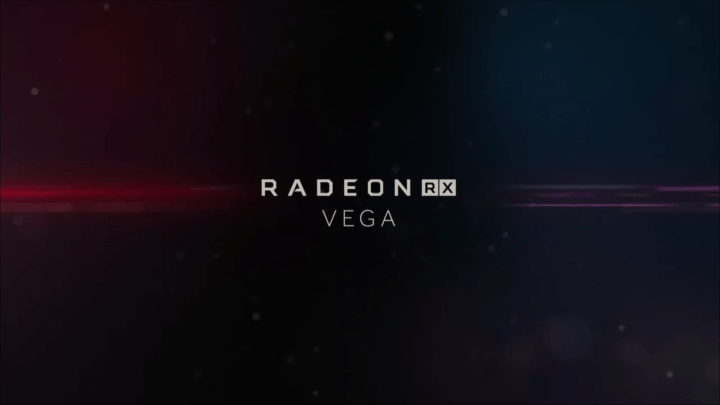AFTER A YEAR OF RUMORS FOR THE AMD RX VEGA CARDS, THE NEW GPU LINE HAS FINALLY BEEN RELEASED!
AMD Radeon RX Vega hit the shelves in late August, and we can now compare these cards against their rivals, the NVIDIA GTX 1070 and 1080. RX Vega uses the HBM2, second generation of SK Hynix high memory bandwidth. HBM is based on stacking chips instead of laying them over the PCB. This, in theory, should reduce latency between the memory and GPU, requiring less PCB space while increasing the overall bandwidth.
PRICING
Since the release of the RX Vega cards, misinformation has been circulating. AMD stated that the original MSRP for the Vega 64 was $499, and the Vega 56 $399. However, once the rumors began that the mining performance is more than doubled that of any current technology, prices have surged from $499 to $699+. All retailers have adopted a higher pricing strategy to try and dissuade aspiring miners from buying these cards in bulk. So far, this strategy has not worked well. The price against the GTX 1070 is slightly more expensive, with the GTX pricing around $399-499.
GAMING PERFORMANCE
To make it short, the Vega 56 is a cut-down version of the Vega 64, with 56 NCUs (next-generation compute units) instead of 64. It has a lower base/boost clock and a hard-locked 300W power limit for the chipset.
For many gamers, the first thing should be to overclock the wattage on the card in MSI Afterburner/Wattman to allow for better performance. While the board is VBIOS locked, modification is possible, but at this stage, it is very hard to do.

In this comparison, the RX 56 overtakes the GTX 1070 in general gaming performance when measured in FPS. For $399, the RX Vega 56 definitely meets the mark. If the price increases to $499, it will be in direct competition with the GTX 1080. In which case, it will lose in every category. Even if you manage to snag an RX Vega 56 at MSRP for $399, the power cost of this performance may be a turn off for many.
CONCLUSION
With the pricing issues from the RX Vega lineup, it seems that many people are choosing to buy available GPUs than better-performing ones. If you manage to find an RX Vega 56 and power cost is of no concern, then go for it!


